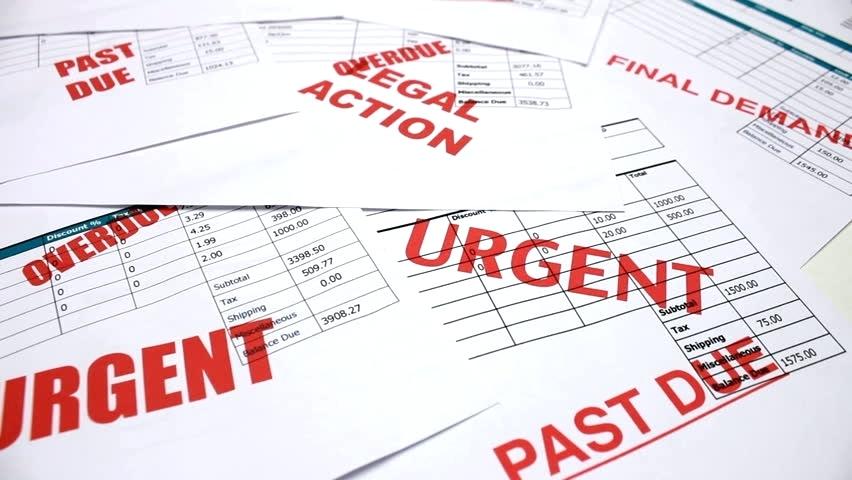 Liquidations are often referred to as the start of the end of a company and usually, this is the case. The liquidation of a company can occur via several routes however in most cases, where the company decides it can no longer continue to trade as it is insolvent, the shareholders will appoint a liquidator.
Liquidations are often referred to as the start of the end of a company and usually, this is the case. The liquidation of a company can occur via several routes however in most cases, where the company decides it can no longer continue to trade as it is insolvent, the shareholders will appoint a liquidator.
To commence a liquidation the shareholders will typically sign a written shareholder special resolution that requires at least 75% of the company’s shareholder voting rights to be effective.
In certain circumstances a company may elect to appoint a liquidator by resolution of the board of directors provided the company’s constitution provides for this.
Importantly, the option to appoint a shareholder appointed liquidator is only available and effective if that liquidator is appointed before liquidation proceedings are served. This is a change in the legislation from 1 September 2020.
Directors and shareholders are encouraged to take proactive steps in assessing the solvency and continued viability of their business when served with a statutory demand.
If you are a shareholder or director of a company that needs to discuss insolvency options, please contact us to discuss the options available to you.
Other areas in Liquidation: Court Appointed, Solvent

